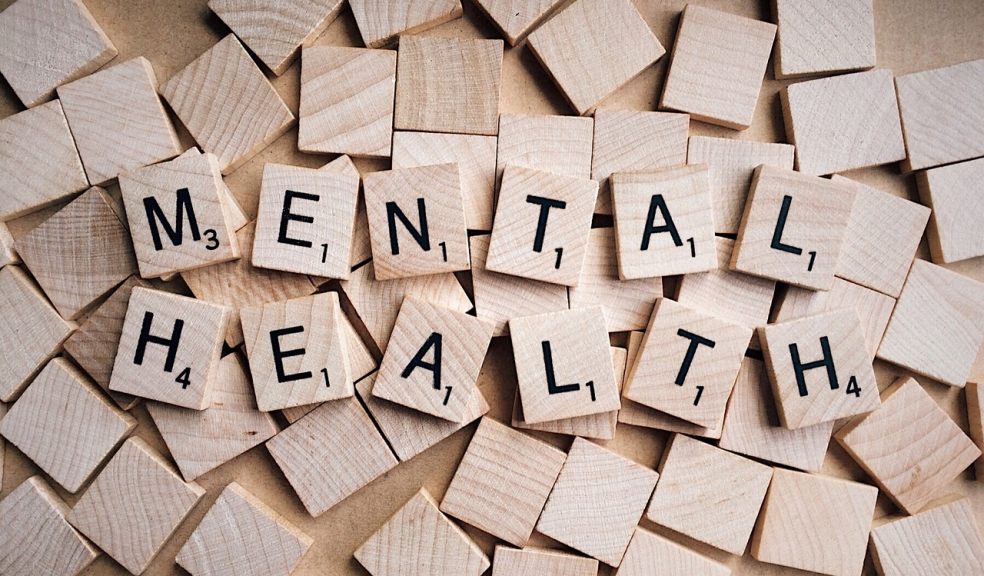
When's the right time to section a family member?
It’s perhaps one of the most difficult choices you can make as a family, but there may come a time when it’s in the best interests of everyone to section a family member. And, if you’re reading this article, it’s likely that the time may come.
It’s not a decision that should be taken likely, and it’s one that can be rather complex with you having to pay close attention to the Mental Health Act 1983. However, that said, there is lots of support out there to help you make the decision too. Getting a family member sectioned is often a last port of call, but one that can be incredibly beneficial to both them and yourself and your wider family, allowing them to get the help they need.
But when exactly is the right time to do it exactly?
Understanding Sectioning and the Mental Health Act
Before exploring when sectioning may be appropriate, it’s important to understand what it entails. Sectioning is a last resort and is used when someone’s mental health has deteriorated to a point where they cannot make informed decisions about their own wellbeing, or their behaviour poses a significant risk to themselves or others. Under the Mental Health Act, a person can be detained for their own safety and to receive treatment that is necessary for their recovery.
There are various sections of the Mental Health Act that apply depending on the situation, but the most commonly used is Section 2, which allows for detention for up to 28 days for assessment, and Section 3, which allows for longer-term detention for treatment. Importantly, sectioning requires the approval of two doctors and an Approved Mental Health Professional (AMHP), and it must be in the individual’s best interest.
Signs That Sectioning May Be Necessary
Severe Risk to Themselves or Others
One of the most crucial signs that it may be time to consider sectioning is if your family member poses a serious risk to themselves or others. This may manifest as self-harm, suicidal behaviour, or aggressive and violent tendencies that place people around them in danger. If they are unable to recognise the consequences of their actions or refuse to seek help, sectioning may be necessary to prevent harm.
If someone is threatening or attempting suicide, or if their behaviour is putting themselves or others in immediate danger, it’s essential to act quickly. In these cases, sectioning could be a lifesaving intervention.
Inability to Care for Themselves
A family member who is no longer able to take care of their basic needs, such as personal hygiene, eating, or managing their home, may be in need of urgent psychiatric care. If they are living in unsanitary or unsafe conditions, failing to eat, or neglecting their health to the point that their life is in danger, this could indicate that their mental health has reached a critical stage.
In some cases, individuals may become so detached from reality that they no longer understand the necessity of looking after themselves, especially in conditions such as psychosis or severe schizophrenia. When they are unable to recognise their situation or refuse support, sectioning might be the only way to ensure they receive the care they desperately need.
Loss of Insight and Capacity
One of the key principles under the Mental Health Act is whether the person has the capacity to make informed decisions about their care. A family member who is in a delusional state or suffering from severe paranoia may not have the ability to understand their condition or the need for treatment.
For instance, if someone is convinced that they do not need help despite obvious signs of severe mental illness, or if they are denying the existence of their condition altogether, they may lack insight into their own wellbeing. In these cases, sectioning could provide the professional intervention necessary to help them regain insight and begin recovery.
Refusal to Engage with Treatment
Many people with mental health conditions may refuse treatment or stop taking prescribed medication, leading to a rapid decline in their mental state. If your family member’s refusal to seek or continue treatment is causing significant harm to their mental or physical health, it might be time to consider sectioning.
This is particularly important if they are experiencing manic episodes, delusions, or psychosis, where they may not understand the necessity of treatment. In such cases, sectioning ensures they receive care and prevents their condition from worsening.
Escalating and Unpredictable Behaviour
If your family member’s behaviour is becoming increasingly erratic, unpredictable, or volatile, and you fear for their safety or that of others, it may be a sign that professional intervention is needed. This could include extreme mood swings, sudden bursts of anger, irrational behaviour, or hallucinations.
If their behaviour makes it impossible for them to live safely and they are resistant to voluntary treatment, sectioning may be the only way to provide them with a stable environment for recovery.
The Emotional Impact on Families
Finally, deciding to section a loved one can be an emotional and heart-wrenching process. Many families experience feelings of guilt, confusion, and fear that they are betraying or abandoning their family member. However, it’s crucial to remember that sectioning is a measure taken out of love and concern. It is meant to protect the individual and those around them, ensuring they receive the professional care they need to stabilise their condition.



















